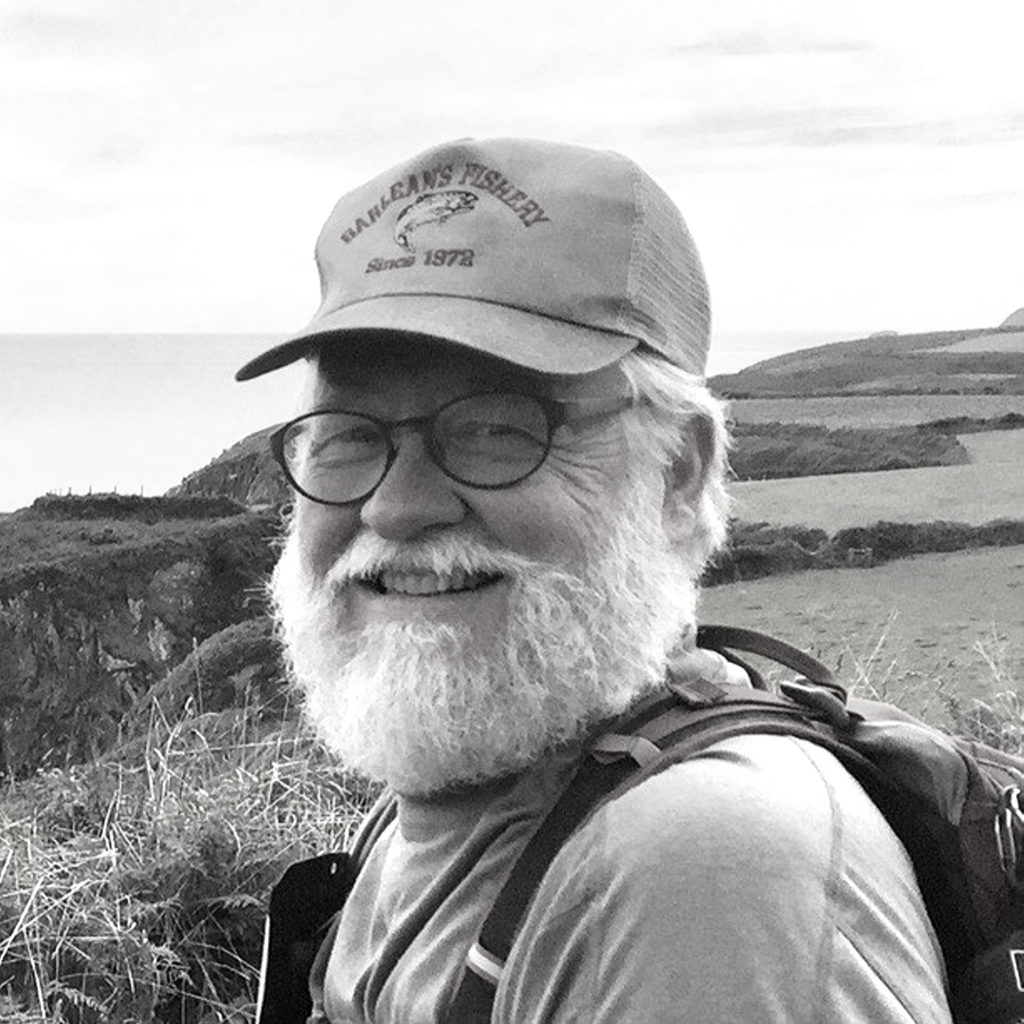
In each episode of the Adventures in Behaviour Change podcast, our guest suggests a Little Challenge for others to try. Here are five favourites from the last few months:

Ask the ‘second why’.
“When I’m going to do something that matters to me I always ask myself why I’m doing it – and then I ask myself why I am doing that. Everyone can do the ‘second why’ and it helps you to be grounded when you enter a situation because you know why you’re there. When people really feel grounded they tend to have more courage, they speak more strongly, they sit up in their chair taller, all kinds of things happen… I really dread the idea of public speaking and it takes quite a bit for me to to fly somewhere and do that. I end up quite frequently talking to large rooms of people and I’m just really terrified of doing it. So I really have to do the ‘second why’ right before I walk out on the stage – and I notice when I do that I start breathing slower, I can remember what I need to say, all kinds of things happen to who I am. So it is an immensely simple thing. You could think of it as some kind of pop psychology trick, but it really grounds you in optimism and a hopeful view of yourself in any situation.”

Close down your day and set an intention for tomorrow.
“End your day and really think about what you’re going to do tomorrow. So reflect back and say, “Have I done everything I wanted to do? No, I haven’t. Right, what am I going to do tomorrow?” And keep that list very short, maybe one, two, three things. But really have a sense of stopping today and having an intention for tomorrow.”

‘Surf the urge’ using the 10-minute rule.
“There’s a technique I use all the time called the ’10 minute rule’. Let’s say I want to write and I’m tempted to check email or look at Google or maybe I want to eat something unhealthy that I know is tempting me. So instead of giving in to that temptation right away, I give myself this 10 minute rule of – I can give into that temptation in 10 minutes, but in those 10 minutes I have to write down the distraction. I have to write down the internal trigger (what I’m feeling), and I just have to kind of feel that sensation for just a few minutes. 90% of the time, that sensation just washes over you like a wave. It’s called ‘surfing the urge’.”

Practise ‘memento mori‘.
Imagine – if you had one year left to live, what would you do? What would you change in your life? What would you say to the people that you love? What would be important to you? And it might make you think, “Okay… I’m going to do that”. They don’t have to be big things. It might be saying something to someone: “Oh, I’d better ring my sister and tell her I really love her and I really appreciate her and I’m really proud of her.” People save that stuff and that seems really sad to me. There’s this idea that if you’re terminally ill or you’ve been given a diagnosis that things aren’t looking good and you haven’t got long, people start doing those things. And I always think, why does it take that? Why can’t we say that now? What’s stopping us from saying those really nice things to people? You know what – it makes you feel good too.”

Write ‘morning pages’.
“The challenge that I set myself is to do this exercise that I read about in a book called ‘The Artist’s Way‘. It’s called ‘morning pages’ and literally the very, very first thing you do in the morning before you’ve had breakfast, before you’ve woken up, is to take yourself off somewhere quiet and sit with a notebook and write for just 10 minutes whatever it is that is in your head. It doesn’t have to be good. It’s not meant to be re-read or seen by anybody else. It’s just to get things out of your sleepy brain and into the world. I’ve found that to be hugely, hugely helpful and the most creatively sparking thing I’ve done in recent years, for sure.”
So now I’m curious… If you were to suggest a Little Challenge of your own – what would it be?





